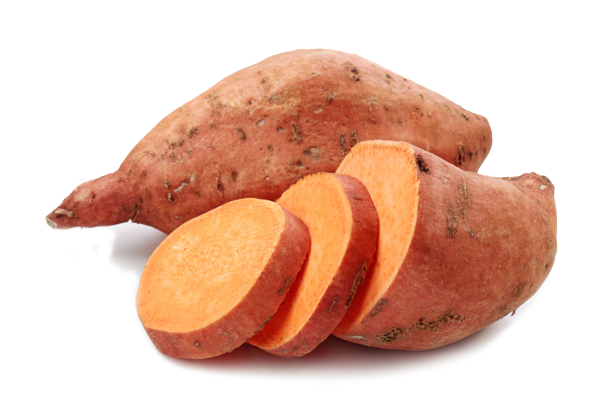
This incredible tribe was created about 2,000 years ago.
When the Spaniards arrived the Taironas moved higher in the Sierra Nevada of Santa Marta. Thanks to this they were save from Spaniards and from the disease they brought.
The descendants of the Taironas are: The Wiwa, the Arhuacos, the Cancuamo and the Kogi.
Geographic Ubication
These Tribe is located in the Sierra Nevada of Santa Marta which is the biggest mountain of the world close to the Ocean and is declared world Heritage.Economy
The economy of the communities in the area of the Taironas culture are principally based in agriculture. They cultivated corn, sweet potato, cassava, cotton, fruits, etc.
They also liked the fish and it was one of the basic elements of exchange.
Cassava Corn
Cassava Corn

Sweet Potato

Cotton

They also made exchanges with the muiscas and other tribes. In these exchanges the most valuable items were esmeralds, gold objects and stone or shell beads necklaces.
Religion and Mores
Taironas worshiped the stars. They had Gods and Godess such as Gauteovan , mother of all things , creator of the sun
and causing spirits of all diseases ; Peico , who came from the sea and teach
them to work in gold and earth, to weave blankets and hammocks.
They believed in the underworld and comunicated
with the naoma or priest who also controled the religious ceremonies.
Organization
In the Taironas all villages had a Chief who
depended of other principal chiefs.
Upon arrival of the Spaniards the Tairona society
had evolved into a class system in which economic factors were more important.
There was a large group of important artisans and inter-tribal merchants,
agents of cultural exchange.
At the top of the social pyramid would be the
chiefs. Among the common people , on the basis of the social structure where
found job specialists , such as farmers, artisans and merchants.
GoldSmith
The Tairona metalwork is characterized by its technical perfection achieved when developing its work.
Stone Carve
The Taironas worked admirably the stone, not only for extracting large blocks and work them for public works, but for making objects of worship or common use as ceremonial poles, masks, ritual or utilarian axes, etc..
No hay comentarios.:
Publicar un comentario